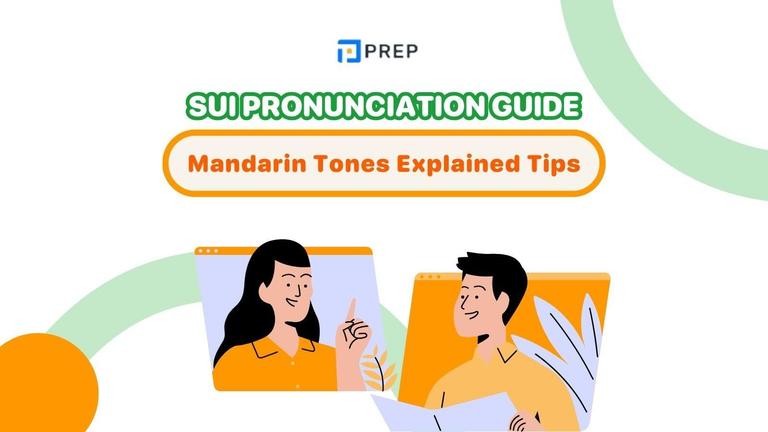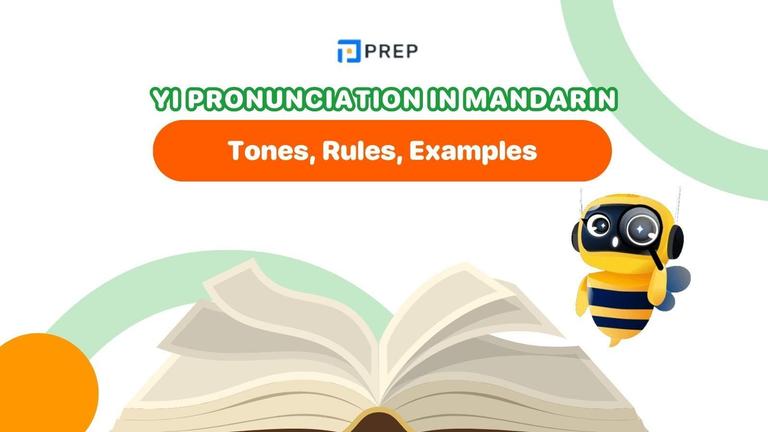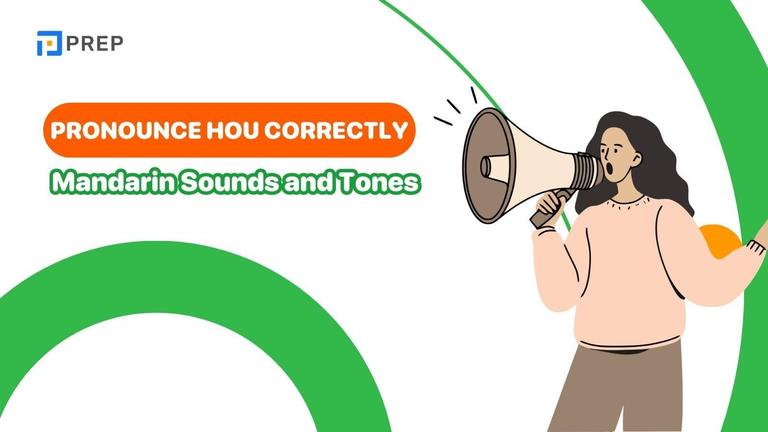Sample IELTS Speaking Part 2, 3: Describe a party that you enjoyed
"Describe a party that you enjoyed" is a very common IELTS Speaking Part 2 topic under the "Events, history and media" category. This is not an overly challenging task for test takers - as long as you stick closely to the cue card, you can handle it with ease. So, let's take a look at how the teachers at PREP tackle the "Describe a party that you enjoyed" topic!
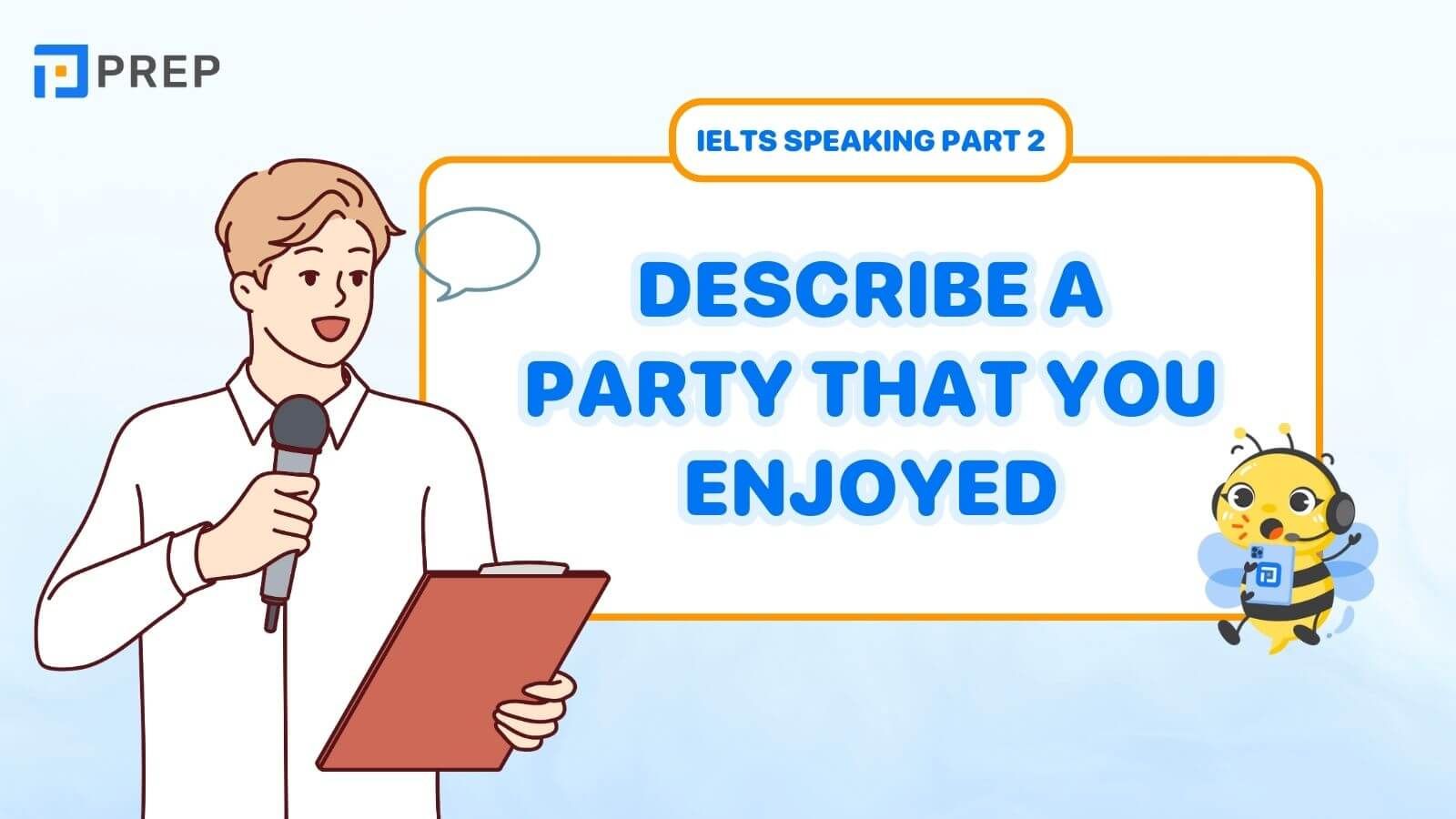
I. IELTS Speaking Part 2 question and answer: Describe a party that you enjoyed
1. Cue card: Describe a party that you enjoyed
Describe a party that you enjoyed. You should say:
-
What was it about?
-
Where was it held?
-
What did people do at the party?
Explain how you felt about it.
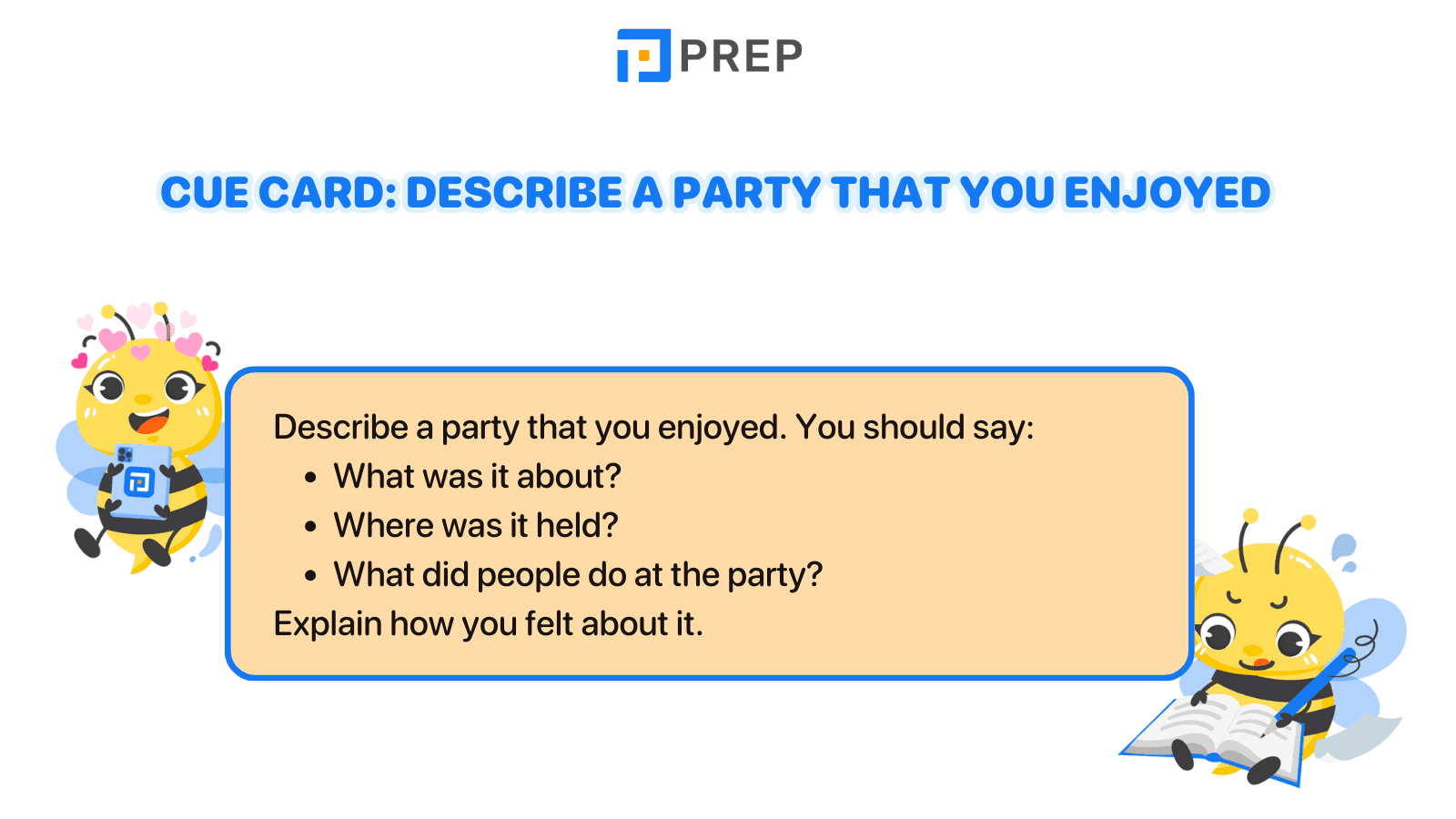
2. Outline: Part 2
2.1. Sample idea
The prompt "Describe a party that you enjoyed" requires describing a party that the test-taker has participated in, providing the following basic information:
-
What kind of party was it?
-
Where was it held?
-
What did people do at the party?
-
And your personal feelings about the party
This question belongs to the broader topic of "Events, history and media", which is a common topic in tests. To answer the "Describe a party that you enjoyed" prompt well, we need to closely follow the prompts provided and try to explain the details thoroughly so the content is rich and we can "show off" a good vocabulary.
Question 1: What kind of party was it? We need to come up with an idea for a party we have attended in order to describe it specifically and realistically. It could be a large party like a company or organization party, or an intimate party with close family and friends.
Question 2: Where was the party held? For this question, we will describe the location where the party was held, and we can also explain the reason why it was held there. In answering this question, we have already started describing the sequence of the party, so we need to pay attention to the tense we will use - and in this essay it will certainly be the simple past tense.
Question 3: What did people do at the party? This is the main part of the "Describe a party that you enjoyed" speech, where we need to describe in more detail and specificity the activities that took place before, during, and after the party and what the attendees did. Parties usually have organizers/hosts and guests. Therefore, we need to list the activities of both.
-
The organizers/hosts usually greet the guests, organize connecting activities, receive gifts, etc.
-
The guests usually dress up, eat and drink, chat and congratulate.
Question 4: Your personal feelings about the party: We can draw on our own genuine feelings to describe:
-
If we were the host, we could describe the excitement, anticipation and nervousness. We could also mention our plans after the party.
-
If we participated as a guest, the feelings would certainly be different. We could describe our joy and excitement in meeting many people. Or, feeling out of place because the party was too big and crowded, but we should also note that the speech prompt requires describing a party that we "enjoyed" - so negative feelings should only be a small part of the description.
2.2. One-minute note taking
|
What was it about |
|
|
Where was it held |
|
|
What did people do at the party |
|
|
Explain how you felt about it. |
|
3. IELTS Speaking Task 2 samples: Describe a party that you enjoyed
Please reference the sample IELTS Speaking Part 2 answer topic "Describe a party that you enjoyed" below to effectively practice Speaking at home and achieve a very high Speaking band score in your upcoming IELTS exam.

Let's take a look at the IELTS Part 2 Speaking examples - "Describe a party that you enjoyed":
I’m going to talk about one of the most memorable wedding parties I have ever attended until now. It’s about two years ago when my cousin got married. We have been good friends for years since the day we were born. So on his wedding day, I got up early in the morning to get ready, partly because I couldn’t sleep the night before.
The wedding was held in the yard of our communal house, which is a tradition in our village that all the weddings should have the involvement of all villagers. Like other guests in the party, I got dressed and seated readily before the groom and bride came to our table to convey wishes and congratulations. After praying in front of the altar and asking for permission for their marriage from the ancestors, the couple came to address all the guests and made a toast.
Most of the guests spent time dining with each other, sharing stories about the newlywed couple and many other topics. Also, I noticed that some guests were so excited and got a little bit drunk that they came up to the stage and performed their favorite songs with a band playing live music behind them. Vietnamese people love karaoke, without doubt, and they seize every single social event to sing and dance cheerfully.
It was a milestone event for my beloved cousin, and I felt so proud of him. When he and his wife exchanged their wedding rings, I realized that my cousin was a grown-up and now had a family to take care of. Suddenly, all the memories and experiences we had had together flashed through my mind. It was such a day to remember in my life.
Vocabulary to note in the sample "Describe a party that you enjoyed":
-
get ready (v): prepare and be ready
-
communal house (n): a community center/village hall
-
get wishes and congratulations (phrase): receive well-wishes and congratulations
-
pray in front of the altar (v): make offerings at the altar
-
Ancestors (n): grandparents and ancestors
-
address all the guests (phrase): greet and host all the guests
-
A newly wed couple (n): a newly married couple
-
a milestone event (n): an important event
-
exchange their wedding rings (phrase): put wedding rings on each other
-
a grown-up (n): an adult
-
flash through my mind (phrase): quickly come to my mind
II. Sample IELTS Speaking Part 3: Party
1. What types of party do people have, and why are parties important?
As communal events are part of human social life, understandably, parties are held in various forms and occasions. In Asian countries like China or Vietnam, people usually gather together and celebrate Lunar New Year and some other religious events such as Dragon Boat Festival or Mid-year Festival. In some Western countries, as far as I know, Christmas or Easter are mostly thrown during the year.
Such celebrations' importance is undeniable as they give people chances to socialize and preserve cultural traditions and customs.
-
Communal events (n): community events
-
Human social life (n): people's social life
-
Religious events (n): religious events
-
Dragon Boat Festival/Mid-year Festival: Dragon Boat Festival
-
Socialize (v): to socialize, to integrate into society
-
Preserve cultural traditions and customs (phrase): preserve cultural traditions and customs
2. Why do you think some people like parties but others hate them?
People in the world can seemingly be categorized into two groups: the introverts and the extroverts. While the introverts, who are mostly against crowded parties and too much social interaction, extrovert people are on the other side of the spectrum. They love to feel belonged to a group and tend to seek out social stimulation. That’s why you can easily spot an extrovert out of a crowd.
-
Seemingly (adv): apparently, it seems
-
Introverts (n): people who are introverted
-
Extroverts (n): people who are extroverted
-
Social interaction (n): social interaction
-
On the other side of the spectrum (phrase): at the other end of the spectrum - a phrase used to express a contrasting or opposing viewpoint
-
Social stimulation (n): social stimulation
3. Do you think parties will become more popular in the future?
Human beings are social creatures, apparently, they could not survive without the sense of inclusivity in groups or communities. As I mentioned earlier, social get-togethers are of utmost importance, and with all the benefits they offer, people would never get enough of such events and will keep doing what they have been doing with parties and community-wide events. I think in the future, there could be something new in the ways people hold them in order to adapt with social changes.
-
Social creatures (n): social beings
-
The sense of inclusivity (n): the feeling of belonging to a community
-
Get-togethers (n): gatherings
-
Of utmost importance (phrase): extremely important
-
Community-wide events (n): community-wide events
This article has provided the outline, sample ideas, 1-minute note-taking method, sample Speaking, and key vocabulary in the topic "Describe a party that you enjoyed". PREP wishes you effective exam preparation and the ability to achieve a high band score in your upcoming real IELTS exam!

Hi I'm Chloe, and I am currently serving as an Product Content Administrator at Prep Education. With over five years of experience in independent online IELTS study and exam preparation, I am confident in my ability to support learners in achieving their highest possible scores.
Comment
Premium content
View allPersonalized roadmap
Most read





